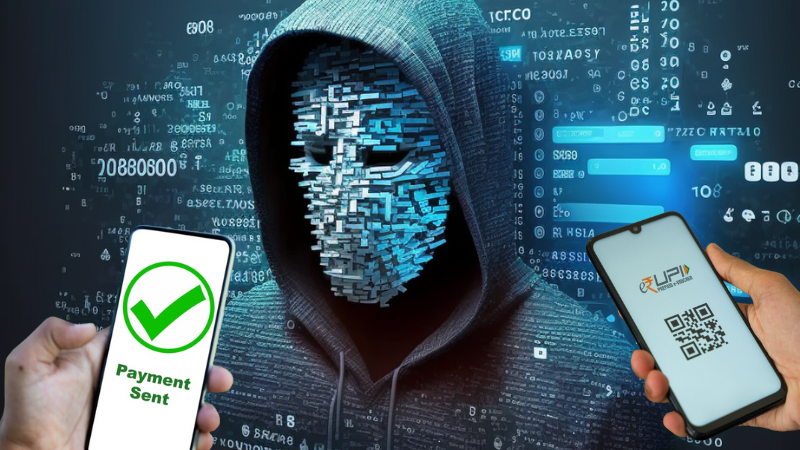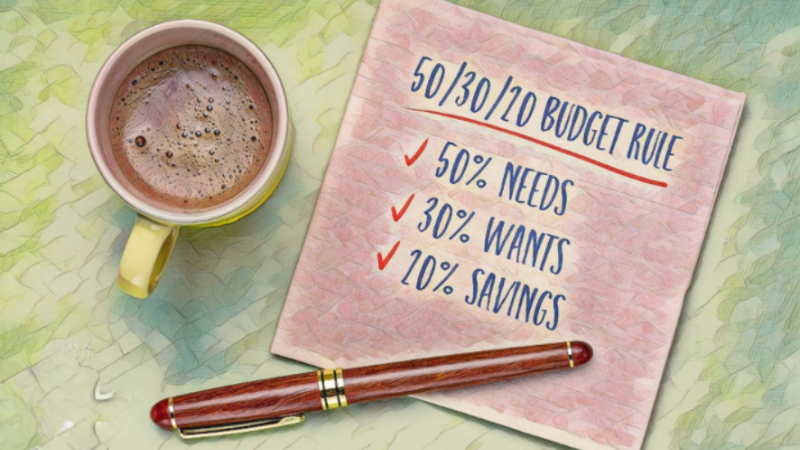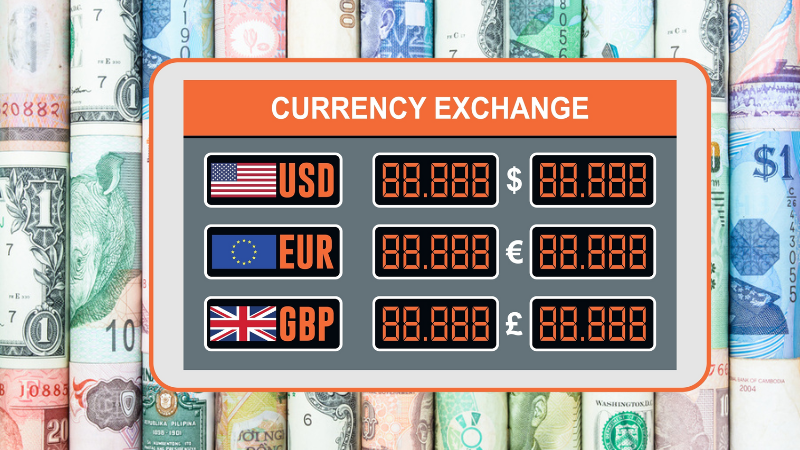
India launched UPI in 2016, the UPI has become synonymous with digital payments in the country. The volume of transactions handled by UPI accounts for approximately 70% of the total digital transactions in the country. It has also become a case study for major universities and economies to imbibe a similar system. However, the system is not foolproof and there have been many cases where users are duped and faced fraud through UPI. Here are some steps or measures that users can adopt to secure their UPI accounts and protect their interests.
Read More: UPI Lite – Everything you need to know
What is UPI?
Let us begin with the basic meaning of UPI. UPI (Unified Payments Interface) is a digital payment system introduced by NPCI in 2016 that allows a person to transfer money from one bank account to another instantly, securely, and conveniently through an online or offline portal. UPI id is a virtual payment address that is linked to a bank account and is used to send or receive money, pay bills, or even shop online. through various UPI-enabled apps such as Google Pay, PhonePe, Paytm, or the UPI app of the user’s bank. Users are required to set a UPI PIN which is used to verify and authenticate every UPI transaction.
What are UPI frauds?
UPI fraud occurs when scammers steal your money or sensitive information by breaking into your account. The most common type of UPI fraud is phishing, where fraudsters send bogus emails to access sensitive information of the potential victim. It could also be through phone calls asking for your UPI PIN and other details. Other types of online fraud include malware, money mule, SIM cloning and vishing.
10 tips to secure yourself from UPI frauds
Some of the key steps that can be used to protect against UPI fraud are mentioned below.
#1. Set a UPI PIN and do not share with anyone
UPI PIN is like an ATM PIN that allows users to authenticate transactions. It is essential to set a strong UPI PIN and never share it with anyone. It is essential to set a strong UPI PIN that is difficult to guess and not easily associated with any personal information, such as your birthdate or phone number. A strong UPI PIN will make it harder for fraudsters to guess or hack your account. It is also essential to change the UPI PIN immediately if users suspect any unauthorized access.
#2. Do not use public Wifi to make payments
Today wherever we go we look for free wifi access beforehand. However, this free wifi access can also be a security threat to the UPI account. There have been many cases when the UPI accounts have reported unauthorised access. Therefore, it is important to avoid using public Wi-Fi networks to make UPI transactions, as it is easier for hackers to access the device and steal sensitive information from UPI users. Use only trusted and secure networks to make UPI transactions.
#3. Use authentic apps while using UPI
There are multiple apps that are UPI enabled that are provided by banks or otherwise. With so many apps being available online, there are also cases when users have downloaded a fake app in place of the authentic UPI-enabled app and have faced UPI fraud. Therefore it is important to download the UPI app from a trusted source such as the Google Play Store or Apple App Store. Users should be aware to not download apps from unknown sources like SMS links or website links as they may be fake and could lead to fraud.
#4. Keep the phone locked to protect unauthorised use of the UPI app
One of the simplest forms of protection against any kind of fraud is to secure the physical device. Our smartphones today contain an ocean of information that is quite sensitive including the UPI apps. Therefore, apart from the UPI PIN, it is equally important to set a strong device lock password or PIN or biometric lock like a finger lock. Furthermore, users should also always remember to not leave their devices unattended in public places, as it could lead to unauthorized access to the UPI account
#5. Use a UPI PIN to only make payments and not to receive money
UPI is now being used for the majority of transactions in the country and even in the remote parts of the country. But there are still new users who may not have enough awareness and get trapped by fraudsters. It is therefore important to know the basic information while using the UPI interface. One such important thing is to be aware that UPI PIN is required only at the time of sending money or making payment to verify and authenticate it.
But, the same is not needed at the time of receiving any money. Hence, users should be aware of this important fact to make sure that the UPI app is not asking for your UPI PIN while receiving money, as it could be a sign of a fraud attempt.
#6. Verify recipients details
UPI uses VPA (Virtual Payment Address) to send or receive money. Therefore, it is important to Always verify the recipient’s details, such as the UPI ID, name, and bank account number, before sending money. It is also recommended that users should add beneficiaries manually and not through any third-party applications or websites as another layer of safety measure.
#7. Change UPI PIN regularly
Regularly changing your UPI PIN adds an extra layer of security to the UPI account. It is advisable to change the UPI PIN at least once every three months or immediately if users suspect any unauthorized access to their account.
#8. Set daily transaction limit
It is also advisable to set a daily transaction limit according to the individual usage pattern. This limit is flexible and can be changed anytime through the app based on changing needs. This way, users can restrict the amount that can be transferred in a day, and if someone tries to transfer more than the limit, they will get an alert.
#9. Do not use UPI along with screen-sharing apps
There are many screen sharing apps available today that may discretely be active on the device. This can lead to personally sensitive information being leaked easily and misused by fraudsters. Therefore it is important to be aware of such apps on the device and restrict their use or use it more prudently to avoid any case of UPI fraud.
#10. Don’t fall for phishing scams
Phishing is a type of online scam where fraudsters try to trick users into revealing sensitive information like your UPI PIN, bank account details, or other personal information. Phishing scams can be very convincing, and scammers often use fake UPI payment links or messages to lure users into providing their personal information. To protect against such phishing scams, users should be wary of any unsolicited messages or calls that ask them to provide sensitive information. It is always better to double-check the sender’s information and verify that the message or link is legitimate before clicking on it. If users receive any suspicious messages or emails, they should report them immediately to the UPI app or their bank.
Conclusion
UPI is become a way of life for Indians and has also provided a huge boost to the digital economy vision of the country. However, the lack of digital awareness is the primary reason for the frauds that occur. Therefore, the government and other players like the UPI app providers, etc should increase awareness campaigns across the country, especially in the rural areas to promote digital awareness. This will further aid in the increasing use of UPI across the country and fuel the Digital India vision of the government
FAQs
UPI was introduced in April 2016 by NPCI. it was introduced as part of the Digital India initiative of the government.
No, using UPI app on public wifi is not safe as there is a high chance of a fraudster hacking the device and the app and duping the user.
Yes, it is mandatory to link at least one bank account to a UPI ID.
The first step to getting the refund of money lost due to UPI fraud is to report the scam to NPCI and the bank linked to the UPI app.



























